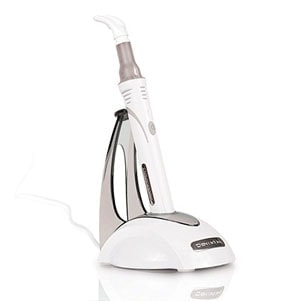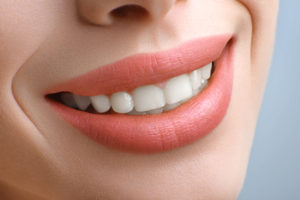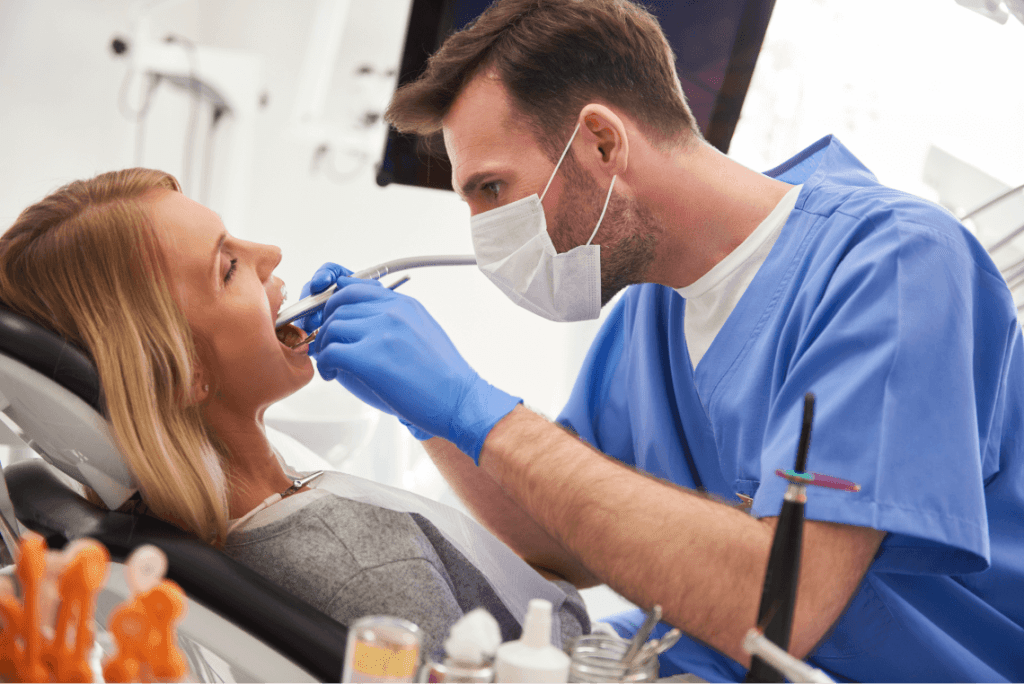Everyone knows that the key to great oral health and strong teeth is regular brushing and flossing, as well as watching how much sugar you consume. While avoiding sugar and other certain foods is one way to help you maintain a great smile, eating the right foods is also important. Certain vitamins and minerals can help boost your gum strength and tooth density.
We’ve gathered some information to help you make food choices that can strengthen your oral health, plus where to find the best nutrient-rich foods for healthy teeth.
What foods help strengthen teeth?
Calcium is one of the most important minerals for strengthening bones and teeth. Calcium not only strengthens the teeth, but also helps build bone density to provide structural support in the jaw. It’s primarily found in dairy products, although you should limit the amount of milk you drink. Dairy products can cause acidic damage to the enamel of your teeth, thinning it and making it easier for bacteria to cause decay and cavities.
Try to include plenty of dairy-free calcium-rich foods in your diet. Good sources include broccoli, salmon, canned sardines, beans, kale, almonds, and dried figs.
Potassium is another mineral that helps improve bone density. It’s important to the overall function of your body, and works with magnesium to balance the pH levels of your blood and prevent it from becoming too acidic. Blood should normally be slightly alkaline, but certain foods — such as grains, sugar, and dairy products — can increase acidity in the body. Acid pulls the calcium from your bones and teeth, weakening them.
To keep bones and teeth strong, eat plenty of potassium-rich foods, especially if you tend to eat foods such as grains, sugar, dairy, and processed meat. Bananas are one of the best sources of potassium. Other vegetables and fruits that contain high levels of potassium are tomatoes, lima beans, potatoes, and sweet potatoes, Swiss chard, prunes and plums, and avocados.
Phosphorus is also key to building strong bones and teeth, especially for growing children. This mineral is found in a variety of different foods. Many kinds of seafood and shellfish are rich in phosphorus, including scallops and shrimp, tuna, salmon, sardines, and cod. If you don’t enjoy fish, however, you can find phosphorus in soybeans (for people who like tofu and soy milk, this is an excellent option), pumpkin seeds, and lentils, including peanuts. If you choose to eat peanut butter, look for all-natural or sugar-free options. Phosphorus is also found in cheese, pork, and beef.
What vitamins help teeth?
Minerals aren’t the only things your body needs to maintain strong, healthy teeth and gums. Several vitamins are critical to your oral health:
Vitamin K helps block acids and other substances that can break down bone and tooth enamel. It also helps produce a protein called osteocalcin, which helps increase bone strength. It’s important to get plenty of vitamin K, especially if you’re planning to undergo a dental procedure. A deficiency in this vitamin can increase bleeding and slow your body’s ability to heal.
Vitamin K can be found in dark leafy greens like spinach and collard greens, plus broccoli and Brussels sprouts.
Vitamin D is another vitamin that helps build bone density, by working what calcium. In fact, Vitamin D helps your body absorb and utilize calcium. You can get it from being in the sunlight (although don’t let yourself get burned), plus from foods like mushrooms, canned tuna, and other fatty fish. Some drinks, like milk and orange juice, are also fortified with Vitamin D.
While Vitamin C is best known for helping to boost the immune system, it’s also important for gum health, making the soft tissue in your mouth healthier and stronger. Strong gums help keep your teeth in place, preventing them from shifting in the mouth. Vitamin C also helps reduce the risk of gingivitis and other forms of gum disease. Citrus fruits are excellent sources of Vitamin C, as are leafy greens and potatoes.
Finally, add foods rich in Vitamin A to your diet, including fish and eggs, plus green veggies like kale and spinach, and orange-colored foods such as carrots, cantaloupe, sweet potatoes, and oranges. Vitamin A protects the mucous membranes in your body, which can prevent dry mouth and speed healing.
What drinks are good for teeth?
It’s not just eating the right foods that help boost the health of your teeth and gums. What you drink can also help. Water is one the best things you can drink, not just for your overall health, but because the US adds fluoride to tap water. Fluoride is a mineral that helps strengthen teeth and prevent tooth decay.
Green tea and black teas are also good for your teeth, as they contain compounds called polyphenols that can help reduce plaque. Be careful with black teas, though, as too much can stain your teeth.
Avoid drinking sodas and other sugary drinks such as juice or energy drinks, as the sugar can lead to cavities and accelerate tooth decay. If you like red wine and coffee, make sure to limit the amount you drink of these, as well, as they can stain the teeth and weaken the enamel.
Takeaway
Eating right and drinking plenty of water isn’t just good for your oral health – it’s great for your body overall! Regular dental check-ups and cleanings also help keep your smile glowing, and give your dentist an opportunity to catch problems such as cavities while they’re small. Identifying any dental issues early will allow your dentist to fix them easily and with less pain. If you dread the dentist, finding a pain-free dentist in your area is important. Visit our directory to find a pain-free dentist near you, and schedule your appointment today!
















